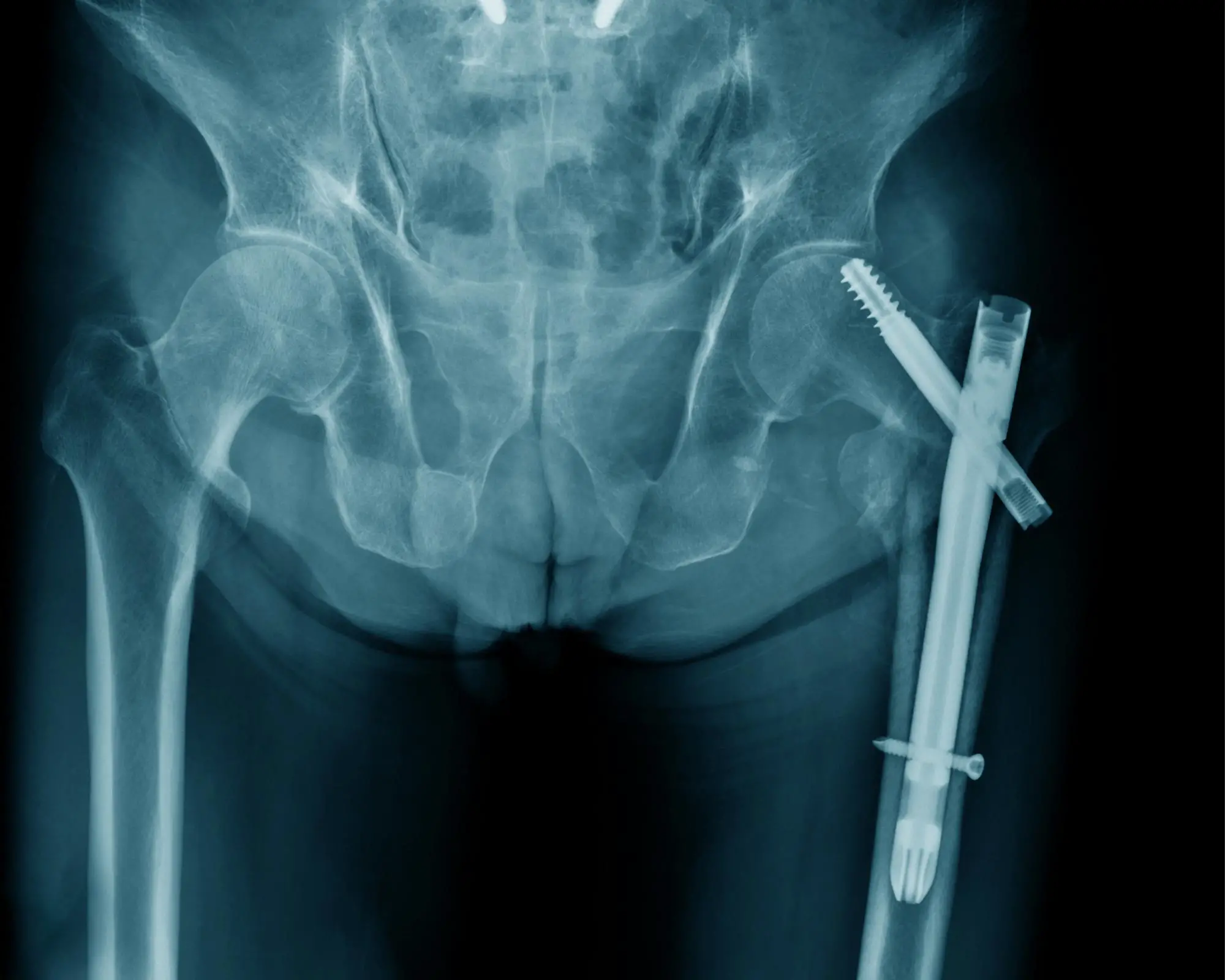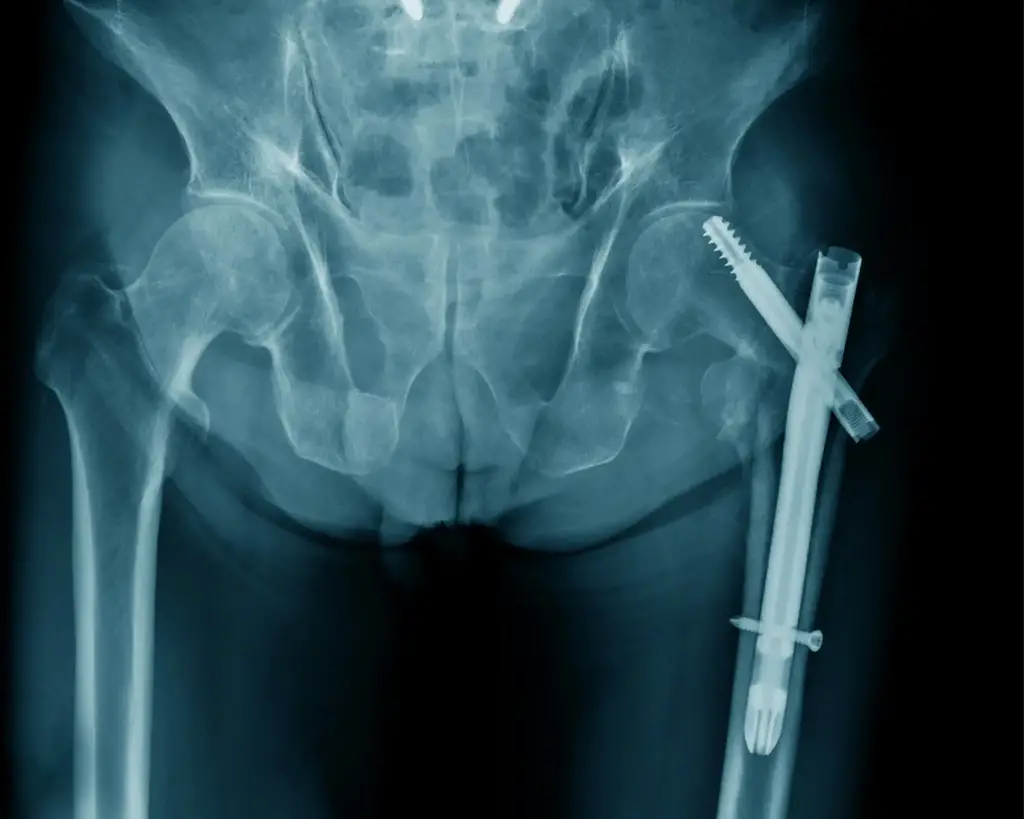

A study by the University of Leeds revealed that vegetarians have a 50% greater risk of hip fractures compared to meat eaters. Analyzing data from over 400,000 individuals, the research also indicated this risk is present among both men and women.
A recent large-scale study found that vegetarians, regardless of gender, have a 50% higher risk of hip fractures than regular meat eaters. Potential causes may include low BMI and insufficient protein intake, yet the health benefits of a vegetarian diet could still outweigh the risks.
Both men and women who follow a vegetarian diet face a 50% greater risk of a hip fracture compared to people who regularly eat meat, according to the results of a new large-scale research study.
Prior to this study, it was recognized that vegetarian women were at a heightened risk of hip fractures, but the exact reasons remained unclear. Further, previous studies examining the impact of vegetarianism on men’s fracture risk were small-scale and produced inconclusive results.
Study Overview
Conducted by researchers at the University of Leeds, the recent study analyzed data from 413,914 individuals, both men and women. It is the first study to suggest that vegetarian men, much like their female counterparts, face a greater risk of hip fracture than those who consume meat regularly. The study also attempted to identify factors contributing to this increased risk in — both male and female — vegetarians.
Participants in the study, who were recruited between 2006 and 2010 as part of the UK Biobank project, provided dietary information. They were categorized as regular meat eaters (consuming meat five or more times a week), occasional meat eaters (consuming meat fewer than five times a week), pescatarians (consuming fish but not meat), or vegetarians (consuming dairy foods but not fish or meat).
The participant’s data was subsequently linked to their hospital records to document cases of hip fractures up until 2021.
The results of the study were published in the academic journal BMC Medicine under the title “Risk of hip fracture in meat-eaters, pescatarians, and vegetarians: a prospective cohort study of 413,914 UK Biobank participants.”
Study Findings
Of the 413,914 participants, there were 3503 cases of hip fractures, representing an overall incidence rate of less than one percent (0.8%).
Although the general risk of having a hip fracture was low, the relative risk for vegetarians compared to regular meat eaters was significant. The researchers found:
- Vegetarians had a 50% greater risk than regular meat-eaters, regardless of sex.
- There was no difference in risk between occasional and regular meat-eaters.
- Pescatarians had a slightly greater risk (8%) than regular meat-eaters, but this was a non-significant difference.
Relative Risks and Real-World Cases
The scientists calculated how these relative differences may translate to real-world cases.
They predicted on average 6.5 regular meat eaters and 6.5 occasional meat eaters would experience a hip fracture, while there would be 7 cases among pescatarians and 9.5 cases among vegetarians.
James Webster, a doctoral researcher in the School of Food Science and Nutrition who led the study, said: “Hip fractures are a growing problem in an aging society, and can trigger debilitating health conditions and a loss of quality of life.
“This study shows that whilst vegetarians face a greater risk of hip fracture than meat-eaters — at 50% — this translates to just 3 more hip fractures per 1000 people over 10 years. The health benefits of a vegetarian diet, including a lower risk of cancer and cardiovascular disease, may still outweigh any increases in hip fracture risk.”
Potential Causes and Recommendations
Webster continued, “Our analysis suggests that low BMI may be a key factor in why their risk is higher.
“Additionally, vegetarians were about 17% less likely to meet protein recommendations than meat-eaters. So, important messages from our study are that vegetarians need to ensure they are getting a balanced diet with enough protein and maintain a healthy BMI. This will help vegetarians to maintain healthy bones and muscles.”
Professor Janet Cade, who leads the Nutritional Epidemiology Group at the University of Leeds and supervised the research, said: “Hip fracture is a major health issue and diet may have a part to play in affecting risk.
“This research, using the large UK Biobank, confirms our previous work, showing that a vegetarian diet increases risk of hip fracture compared to regular meat eaters, in both men and women. Whilst vegetarian diets have health benefits, understanding diet quality and the balance of key nutrients may help to reduce risk and improve future bone health.”
Hip fractures cost the NHS between £2 – 3 billion annually.
Reference: “Risk of hip fracture in meat-eaters, pescatarians, and vegetarians: a prospective cohort study of 413,914 UK Biobank participants” by James Webster, Darren C. Greenwood and Janet E. Cade, 27 July 2023, BMC Medicine.
DOI: 10.1186/s12916-023-02993-6